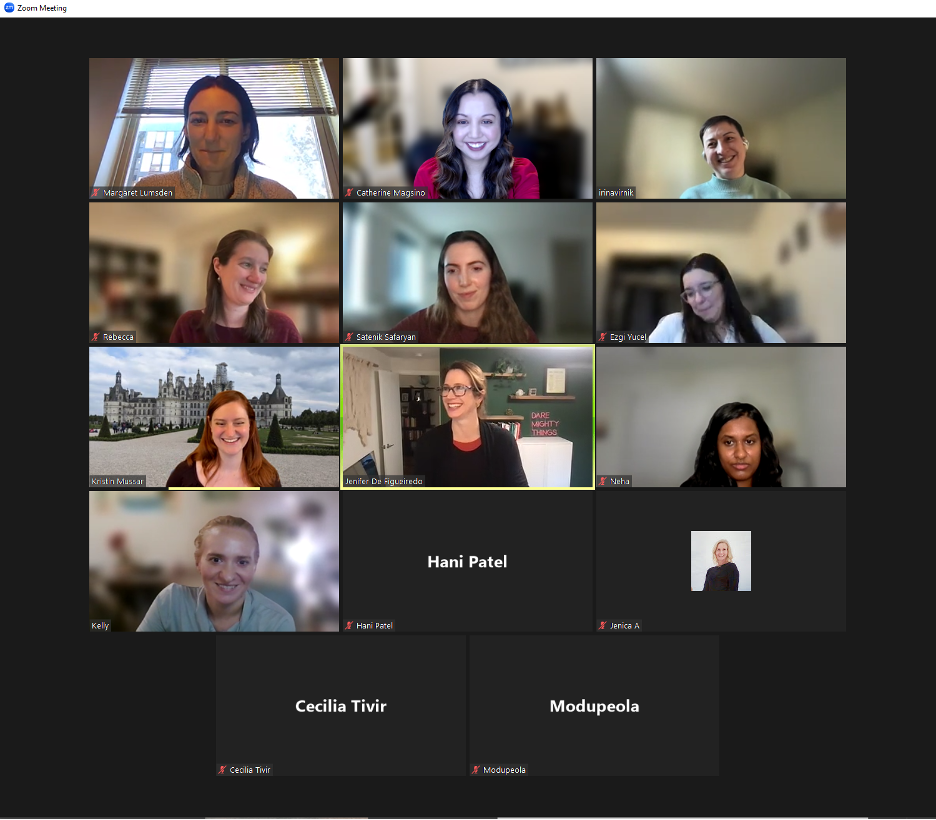At Diversity in Data Science, we believe that leadership isn’t confined to titles—it’s about taking initiative, inspiring change, and making an impact wherever you are. We held a virtual mentoring session with our Women in Data Science Puget Sound volunteers, where we explored how the skills we cultivate through volunteer work can become powerful assets in our professional journeys. From translating WiDS experience into career growth, to mastering the art of delegation and leading without formal authority, our discussion was filled with valuable takeaways. Here’s what we learned.
Read MoreFidan Aydamirova’s story is a testament to resilience, adaptability, and the pursuit of knowledge. She transformed challenges into opportunities and became a role model for others in her community. Her journey from Baku to a successful career in data science in the United States is an inspiration to many, demonstrating that with determination and support, significant achievements are possible.
Read More“As a women in technology field, I believe it is important to find a mentor that you can look up to and can offer you insights - don’t be afraid to reach out to people and ask them to be your mentor if you feel there is value you can get.”
Read More“Data science is more than just numbers—it's about telling stories that resonate with real experiences and emotions. In fact, data science is the art of storytelling through data”.
Read More“Data science is a continually evolving craft at the intersection of mathematics, statistics, computer science, and business acumen. The most fulfilling aspect is the opportunity to always be learning and expanding my capabilities in tandem with the rapid pace of innovation in this field."
Read More“As a Data Scientist, you can build a model that improves results by 10% but you’ll still have to convince your team that it’s effective and needs to be put on the website,” says Lucy Zou, a Machine Learning Scientist III at Expedia Group in Seattle, Washington, “And you have to adapt your material to different audiences.”
Read More“Communication is the most important part of data science,” says Frederike Dubeau, Manager of Data Science at Logic20/20, a business and technology consulting firm headquartered in Seattle, Washington. “If you’re able to present complicated topics in a clear and concise way to people who have less familiarity, and convey the benefits of a solution, that’s crucial.” Dubeau knows this because her ability to communicate the value of data is a critical driver for her career.
Read More“I’ve always been a data scientist,” says Joyce Cahoon, PhD, a Senior Data Scientist at Microsoft. “At the end of the day, I wanted to make decisions based on evidence, not just based on the last anecdote I’d heard.” Dr. Cahoon remembers, throughout her life, always wanting to see the larger data.
Read More












